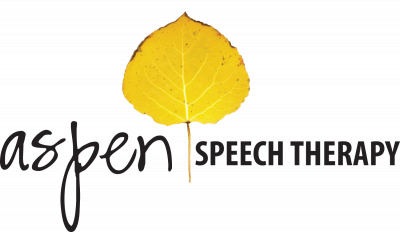Resources
FAQsWhat are common signs that a child can benefit from speech therapy?
- Delay in using words or sentences
- Easily frustrated because they have trouble expressing themselves
- Have difficulty interacting with children of the same age
- Ignores others when spoken to
- Does not follow instructions well
- Unintelligible- problems being understood by others
- Behind in learning and has difficulty with intellectual thinking
- Can’t sit still and focus on activities
- Refuses to drink from a cup or use a spoon
- Throws temper tantrum at slightest change in routine
What are common signs that an adult can benefit from speech therapy?
- Decline in memory, producing and understanding language, learning, reasoning, problem solving and decision making
- Chewing or swallowing difficulty characterize by coughing or choking or feeling of food getting “stuck”
- Difficulty imitating speech sounds
- Difficulty imitating non-speech movements (oral apraxia), such as sticking out their tongue
- Slow rate of speech or “slurred” speech
- Speaking softly or barely able to whisper
- Rapid rate of speech with “mumbling”
- Hoarseness, breathiness, nasal or stuffy sounding speech
- Poor vocal quality
What is the difference between speech and language?
Speech refers to the efficiency and quality of verbalizations. A speech language pathologist may look at the way speech sounds are formed, the flow of speech (fluency) and the quality of voice (hoarseness or nasality). Language represents the ability to understand and/or use words in a meaningful way. Speech language pathologists address a variety of language skills including: the use of words and their meanings, the ability to express ideas and answer questions, grammatical patterns, comprehension of spoken language, reading comprehension, writing skills and social language development.
How does a child hear and talk?
The development of communication skills begins in infancy, before the emergence of the first word. Any speech or language problem is likely to have a significant effect on the child’s social and academic skills and behavior. The earlier a child’s speech and language problems are identified and treated, the less likely it is that problems will persist or get worse. Early speech and language intervention can help children be more successful with reading, writing, schoolwork, and interpersonal relationships.
What is the process for speech therapy?
Each patient has unique challenges and impairments. A full exam and evaluation will be necessary in order to determine a plan of action for the individual patient.


